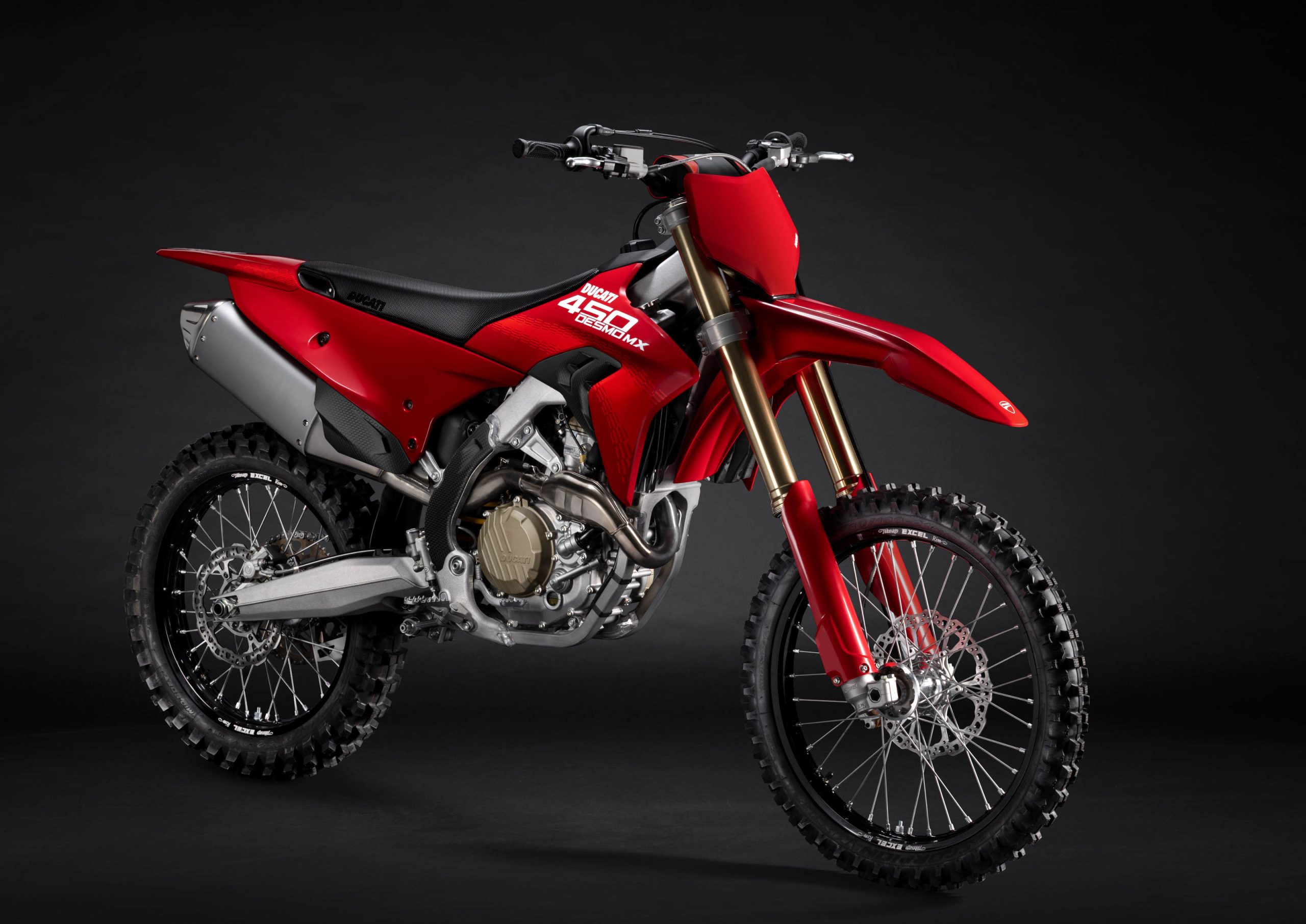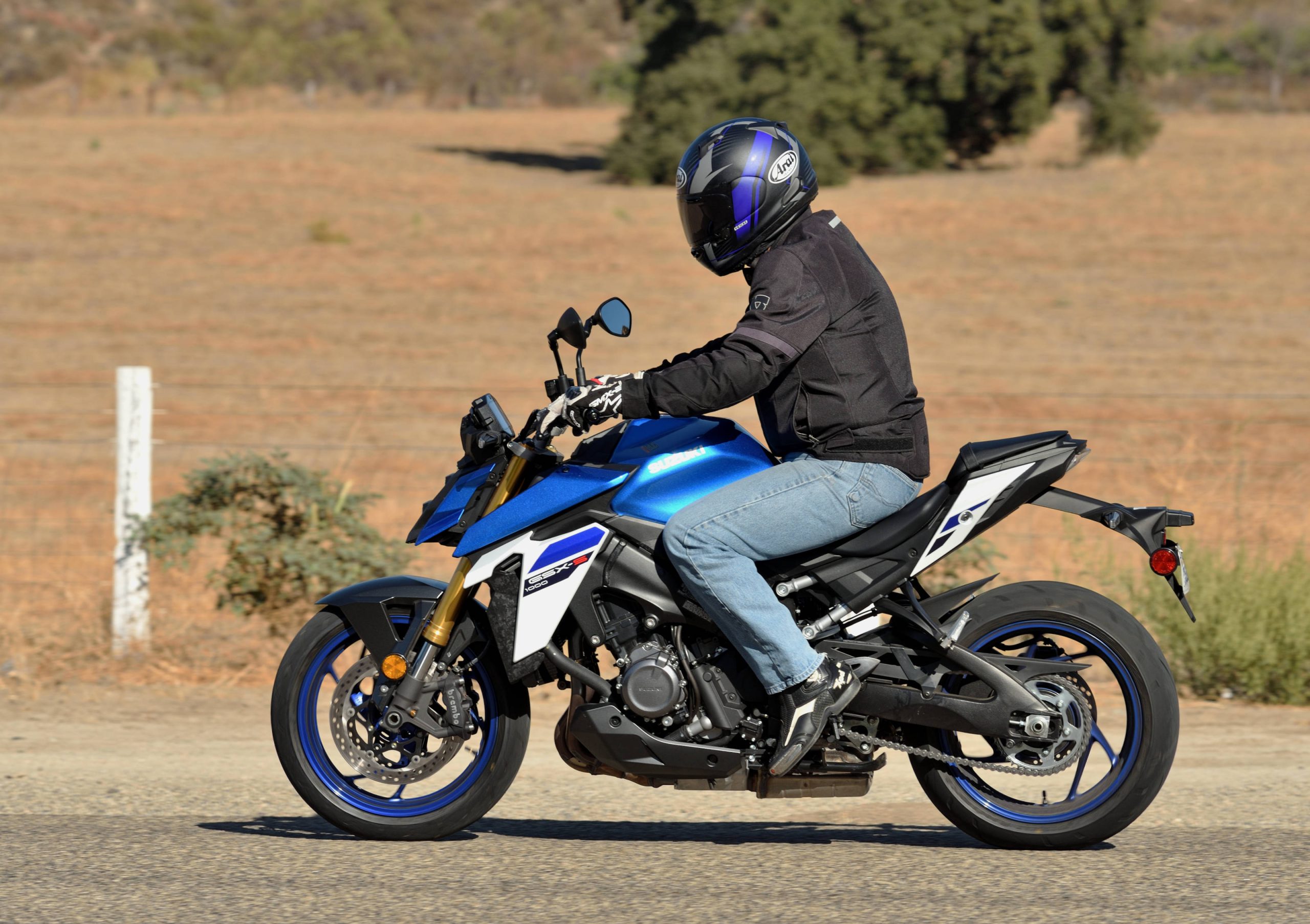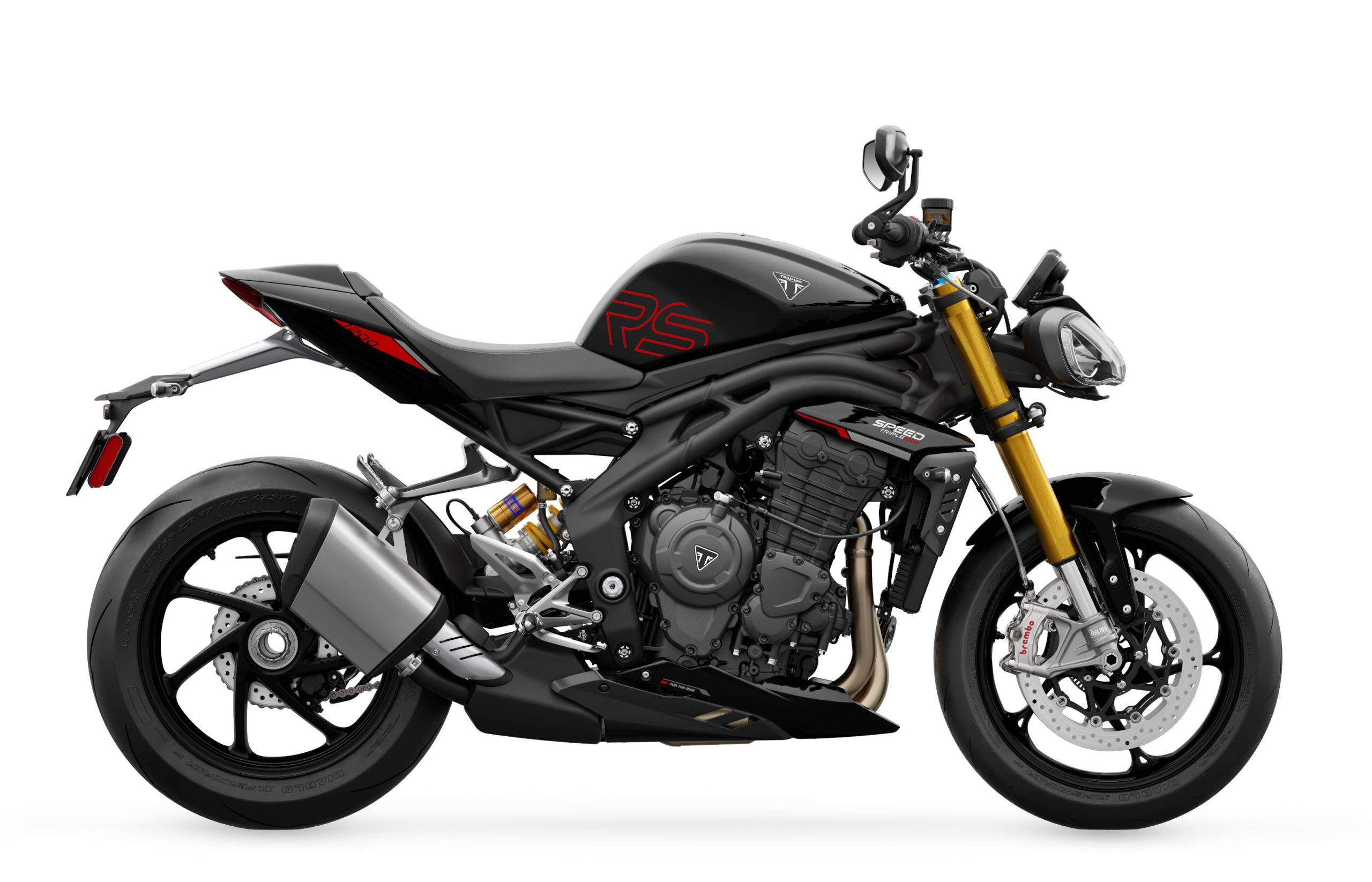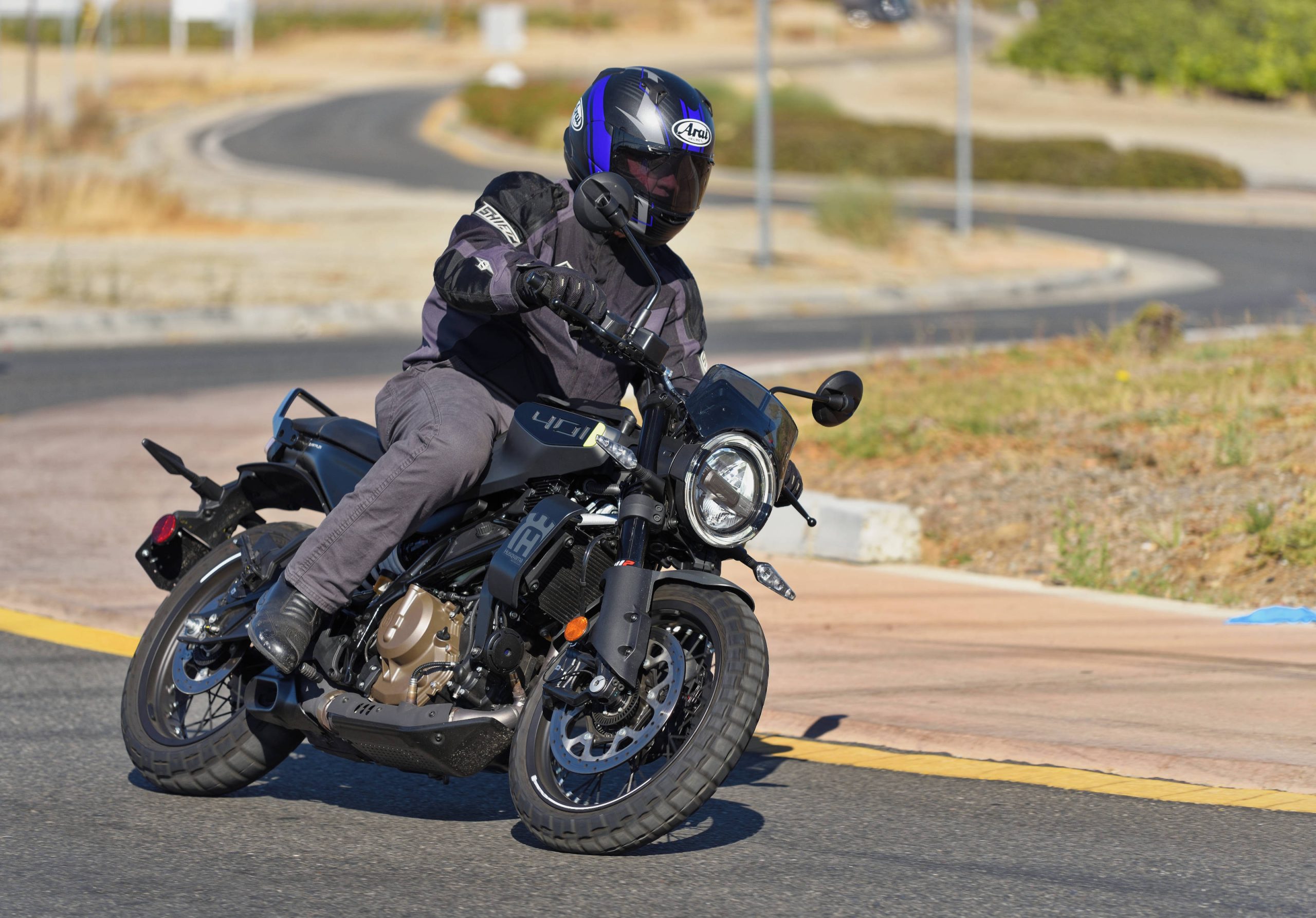Supercross fans may have been following the unfolding drama which is revolving around the AMA’s penalization of Nick Wey and MDK Motorsports (along with Josh Hill and Jason Thomas) following a fuel test at Anaheim II in which the results came back indicating his fuel sample (and those of the other riders involved) was not in compliance with the AMA’s strict fuel regulations.
Wey’s team, MDK Motorsports, has released both an open letter to the public (Supercross fans) and a letter they wrote to the AMA, protesting the situation (these letters can be found at the end of this article, along with a press release from VP fuels regarding their investigation into the fuel testing problem). According to MDK, their fuel is purchased from VP Racing Fuels and is never altered or added to by the team itself, it is simply stored until the racer’s tanks are ready to be filled. MDK asserts that the current situation regarding fuel regulations and their enforcement by means of lab testing is completely unfair to the teams, as they have no way of knowing whether the fuel they receive from their supplier (VP) is legal or not . . . beyond taking VP’s word for it.
Let’s take a look at the possibilities here. Possibility one: MDK altered the fuel to provide a performance advantage, gambling that they wouldn’t get caught. In my opinion, this idea makes absolutely no sense. First of all, MDK knows as well as any team in the pits that the AMA’s fuel testing procedures have become far stricter in recent years, and there was a VERY good chance their fuel samples would be tested at Anaheim II. Second of all, unless they’re pouring Nitromethane or alchohol in the tank, the possible additives they could use to change the compound of the fuel would provide a negligible performance advantage (based on my admittedly incomplete understanding of racing fuels), quite certainly less than 5hp and probably more like 1 or 2. Now, we know that in racing, every little bit counts, but try to weigh the gains against the risks and you’ll see that a slight horsepower gain, which might at best help the rider finish 1 or 2 places higher than he would have otherwise, is not worth the risk of being totally disqualified from a round and losing every point gained at that race due to fuel testing. No, the idea that MDK might have purposely altered the fuel is foolish.
The other possibility is that the AMA’s fuel testing rules and procedures are too strict to make it possible for VP and the teams they supply to ensure compliance consistently. This is the solution indicated by MDK in their letter. The solution MDK proposes is a change to NASCAR-style fuel regulations, where all teams run fuel supplied at the track from the same supply pump, thus eliminating the possibility of one team or rider having and advantage over another due to fuel performance.
This reminds us of the big fuel controversy last season, where Ricky Carmichael was penalized 25 points for running fuel with a lead content exceeding the limit required by the rules. When the AMA later made the decision to return Carmichael’s points, most people took it as an acknowledgement by the AMA that their fuel testing rules were too difficult for teams to comply with and would need to be changed. For some reason changes were never made, but it seems obvious that they need to be if privateer racers can’t buy fuel from the VP truck in the pits, pour it into their bike, and be confident that they’ll be legal to race.
The NASCAR-style spec fuel, or another method that makes it possible for teams, fuel suppliers and riders to be confident they are in compliance with the AMA’s fuel regulations at every race, needs to be implemented immediately. It’s ridiculous to see hard-working riders and their support team lose points they’ve fought to earn based on something so foolish. Not only that, but fans will certainly be turned off if they see their favorite rider falling down the championship standings due to something like this, and the sponsors who support these race teams will begin to wonder if they’re getting their money’s worth by having their name associated with this kind of controversy. The current situation with fuel regulations is all-around bad for the sport, and I hope the AMA is moving quickly to create a more logical policy that is easier for the teams to comply with.
OPEN LETTER TO THE SUPERCROSS/MOTOCROSS COMMUNITY
To the Supercross/Motocross community at-large,
When the “30-Second” board goes up in the starting gate, the last thing we want any rider to be thinking about is whether or not his efforts will be nullified by “non-compliant” race fuel upon analysis after the race. This potential distraction is totally unnecessary, if a new approach to race fuel were to be adopted by the racing community at-large. MDK Motorsports requests that motocross fans, enthusiasts, and industry leaders join-in the discussion with the AMA to develop an alternative to the current fuel sampling and testing protocols.
For the record, we state that the fuel used by Nick Wey, and MDK Motorsports for the first three rounds and potentially for the balance of the season has been an unaltered supply of VP Racing Fuels. This fuel has been selected for its performance capabilities and compliance with AMA fuel requirements. Similarly, MDK Motorsports/MDK Racing stipulates that no intended or incidental modifications were ever made to the fuel purchased, by the race team in general or Nick Wey in particular. ** We have attached the letter we submitted to the AMA regarding our issues with their handling of this incident.
As a privateer team we are forced to trust fuel companies that their mixtures are compliant. Testing every barrel of fuel we purchase is cost-prohibitive and even then there would be no guarantee of compliance, since race fuel is a very volatile substance that is subject to change with changes in temperature, humidity, storage, etc. At MDK, we make every effort to limit any detrimental changes that can occur, but as we have learned, even with very careful fuel use and storage protocols, non-compliance is a very real possibility. In addition, different labs can have different analysis results. We consider the current situation to be untenable and cannot continue. We are motorcycle racers not chemists.
MDK Motorsports recognizes the need for a fuel compliance standard, but the current system simply does not work. As team owners, we want to give our riders the best equipment possible to make our riders successful on the track. The one thing we do not control at all is our fuel. We have to trust our fuel providers that they have given us compliant fuel, we have to trust the AMA that they are using proper testing procedures, and we have to trust that other environmental factors have not changed the fuel.
In fairness to all competitors, privateer or otherwise, we respectfully request that the AMA and all teams embrace a fuel specification system similar to what NASCAR has done, (* see attached NASCAR fuel specification)
Nick Wey, MDK Racing, and the entire MDK Motorsports team is dedicated to a level of professionalism that reflects good sportsmanship and demonstrates the integrity of our brand and our sponsors’ brands. Let’s remove the fuel variable. Let’s have a spec fuel developed by one fuel manufacturer. Let’s do it like NASCAR and make it much simpler. MDK Motorsports invites fans, enthusiasts, and industry insiders to make their voices heard, and move our industry forward with good sportsmanship, fairness, and simplicity.
Thank you for your support and consideration.
Sincerely,
Mark D. Kvamme
Team Owner
MDK Motorsports, LLC
* From NASCAR Rules.
15. FUEL
(a) All cars must compete with fuel dispensed from the track gas station only. Fuel must be ran as dispensed. No mixing of fuel grades.
(b) All fuel must be 92,100, or 110 octane and run as dispensed. Fuels may not be blended. Different fuel octane grades may not be blended. Fuel must be the same as track base color with no exceptions.
(c) The fuel shall be automotive gasoline only.
(d) Fuel shall comply with ASTM D4814 entitled, “Standard Specification for Automotive Spark-Ignition Engine Fuel”, except limited to liquid hydrocarbons only, Class A, B, C, D, or E, but without regard to geographical location or seasonal limitation.
(e) Gasoline shall not be blended with: alcohols, ethers, or other oxygenates and it shall not be blended with aniline or its derivatives, nitro compounds, or other nitrogen containing compounds.
(f) No cooling or icing of any fuel or fuel component.
(g) No Nitrous or similar type systems allowed.OPEN LETTER TO THE AMA
To whom it may concern,
MDK Motorsports in general and Nick Wey in particular has been wrongfully accused and irreparably harmed by an inaccurate and ill-advised ruling on non-compliant fuel by the American Motorcyclist Association. MDK Motorsports states emphatically and categorically that its procurement, storage, and use of VP Racing Fuel MR9.1 was consistent with all AMA compliance protocols and procedures.For the record, we state that the fuel used for the first three rounds and potentially for the balance of the season has been an unaltered supply of VP Racing Fuels MR9.1. This fuel has been selected for its performance capabilities and compliance with AMA fuel requirements. Similarly, MDK Motorsports stipulates that no intended or incidental modifications were ever made to the fuel purchased, by the race team in general or Nick Wey in particular. We would ask that the AMA explain how both factory and privateer teams can participate effectively in AMA sanctioned events, when they cannot be certain that their fuel will be compliant with AMA requirements upon the conclusion of a race event. The current situation is untenable and cannot continue. MDK Motorsports demands that the AMA provide a workable alternative to current fuel sampling and testing protocols.
The AMA has demonstrated gross negligence in their handling of this situation, in that they failed to inform the team that we were out of compliance for both the Phoenix and Anaheim 2 Supercross rounds in a timely fashion. And for the record, MDK Motorsports was not informed of fuel non-compliance for the Phoenix round until after 9AM on Saturday, 1/27/07, at San Francisco Supercross. The AMA Pro Racing Rule Book outlines the Fuel Specifications and Fuel Test Procedure, but is clearly missing any statement about how the tests are actually performed. It appears that the AMA’s testing procedures are not sufficient to achieve any consistent test measurement and are wrongfully applied to the detriment of riders, teams, and the industry at large.
MDK Motorsports formally requests that we be provided the sample “c” removed from Nick Wey’s race bike at both Phoenix and Anaheim 2 for our own analysis and testing. Furthermore, we request that Nick Wey’s points and purse be restored, since clearly the AMA’s application of fuel testing is woefully inadequate and detrimental to everyone involved. We demand a written protocol of the AMA fuel testing procedures, not simply documentation of the test fuel collection procedure.
MDK Motorsports respectfully requests a formal meeting with the appropriate AMA officials to establish a system that will allow a privateer team to insure it has compliant fuel for racing in the AMA.
Nick Wey and the entire MDK Motorsports team is dedicated to a level of professionalism that reflects good sportsmanship and demonstrates the integrity of our brand and our sponsors’ brands. The capricious nature of the AMA’s accusations will not go unchallenged. MDK Motorsports intends to exercise all possible legal and civil means to restore our good name and recover both current and potential future financial damages.
Sincerely,
Mark D. Kvamme
Team Owner
MDK Motorsports, LLC
Cc: Steve Whitelock – AMA Supercross/Motocross Series ManagerVP Racing Fuels
In response to the latest penalties levied by AMA Pro Racing due to alleged fuel violations at round three of the AMA Supercross Series in Anaheim, CA, VP Racing Fuels announced it is investigating the situation.
“First, we have to determine if the fuels involved were, in fact, off-spec,” said Steve Burns, VP’s President and CEO. “With regard to two of the fuel samples involved, it’s highly unlikely the oxygen content could measure as high as AMA’s lab indicated, so we suspect there may have been some problems with the lab work.”
“We’re working with the AMA and the teams involved to obtain samples of the alleged ‘off-spec’ fuel, so we can have tests run by an independent lab,” Burns continued. “We hope everyone involved reserves judgment until this analysis is completed. As soon as results are available, we’ll publicize them — hopefully later this week.”





